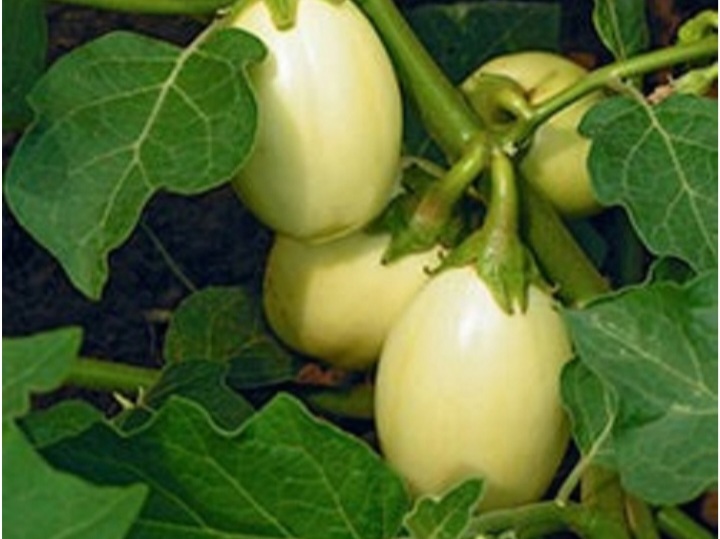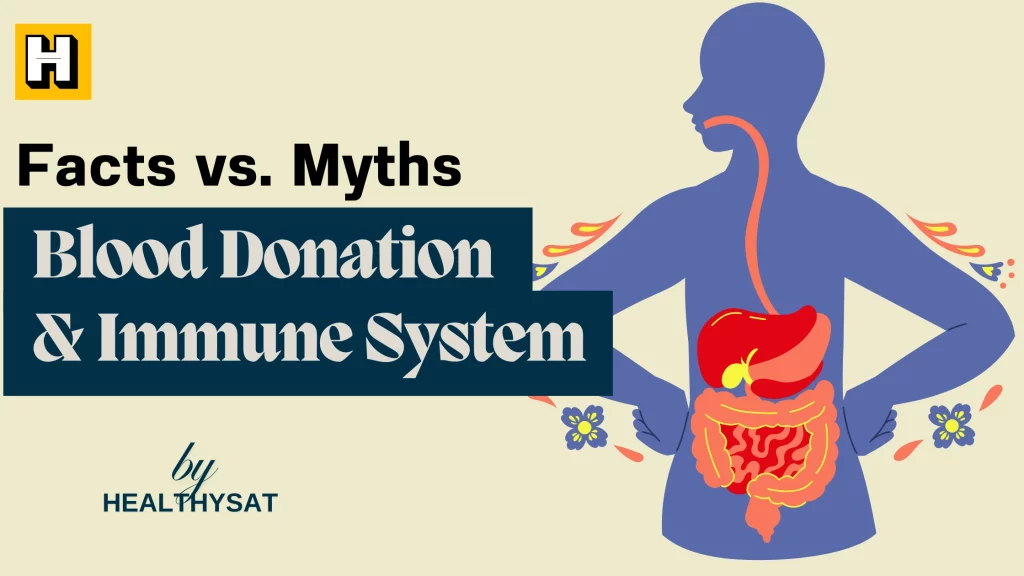Garden egg leaf, also known as aubergine or eggplant leaf, is a nutrient-rich green leafy vegetable widely consumed in many parts of Africa, Asia, and the Caribbean. The leaf of the garden egg leaf is rich in essential vitamins, minerals, antioxidants, and dietary fibre, making it an excellent addition to any healthy diet.
This article will explore the many health benefits of garden egg leaf, how to prepare and consume it, and some tips for incorporating it into your daily meals.
Introduction to Garden Egg Leaf
The garden egg leaf is a dark green leafy vegetable that grows on the garden eggplant, a small, egg-shaped fruit that belongs to the nightshade family. The garden eggplant is a common crop in tropical and subtropical regions, and its leaves are a staple food in many cultures. The leaves of the garden eggplant are edible, nutritious, and delicious, with a slightly bitter taste and a slightly chewy texture.
Nutritional Profile of Garden Egg Leaf
Garden egg leaf is a rich source of essential nutrients for maintaining good health. It is packed with vitamins A, B6, C, and K and minerals such as calcium, iron, magnesium, and potassium. It also contains antioxidants, flavonoids, and other phytochemicals that help to protect the body against oxidative stress and inflammation.
Health Benefits of Garden Egg Leaf
Garden egg leaf has numerous health benefits, making it a valuable addition to any healthy diet. Here are some of the most important benefits:
Promotes Digestive Health
Garden egg leaf is an excellent source of dietary fibre essential for maintaining healthy digestion. The fibre in garden egg leaves helps to promote regular bowel movements, prevent constipation, and reduce the risk of colon cancer.
Boosts Immune Function
Garden egg leaf is rich in vitamins A and C, important for maintaining a healthy immune system. These vitamins help to protect the body against infections and diseases by stimulating the production of white blood cells and antibodies.
Supports Heart Health
Garden egg leaf is low in calories and sodium, making it an excellent food for maintaining healthy heart function. It is also a good potassium source, which helps regulate blood pressure and reduce the risk of heart disease.
Regulates Blood Sugar Levels
Garden egg leaf contains compounds that help to regulate blood sugar levels, making it a beneficial food for people with diabetes. It can help to prevent spikes and dips in blood sugar levels, reducing the risk of complications associated with diabetes.
Promotes Healthy Skin and Hair
Garden egg leaf is rich in vitamins A and C, essential for maintaining healthy skin and hair. These vitamins help to promote collagen production, which is important for maintaining skin elasticity and preventing wrinkles. They also help protect the skin against UV radiation and environmental pollutants damage.
Reduces Inflammation
Garden egg leaf contains antioxidants and other phytochemicals that help to reduce inflammation in the body. Chronic inflammation is linked to many chronic diseases, including cancer, diabetes, and heart disease, so reducing inflammation is essential for maintaining good health.
How to Prepare and Consume Garden Egg Leaf
Garden egg leaf can be consumed in various ways, including raw, cooked, or juiced. Here are some tips for preparing and consuming garden egg leaves:
1. Raw Consumption Garden egg leaf can be eaten raw in salads or as a garnish for sandwiches and wraps. It has a slightly bitter taste, so it is best to pair it with other flavours to balance it out. You can also blend it into smoothies or juices for a nutrient-packed drink.
2. Cooked Consumption Garden egg leaf can be cooked in various ways, including steaming, sautéing, stir-frying, or boiling. To prepare, wash the leaves thoroughly, remove the stems, and chop them into smaller pieces. They can be cooked alone or added to soups, stews, or sauces for extra nutrition and flavour.
3. Medicinal Uses In traditional medicine, garden egg leaf has been used for centuries to treat various ailments, including constipation, fever, and high blood pressure. It is believed to have anti-inflammatory, analgesic, and diuretic properties, which make it a valuable medicinal plant.
- Poor Oral Hygiene: Causes, Effects, and Treatment
- Vitamins for Bigger Buttocks and Hips in Nigeria
- Classes of Food with Examples: A Comprehensive Guide to Understanding Nutrition
- Is Zobo Drink Good for Pregnant Women?
- How to Look Attractive as a Girl And Boost Your Confidence
Tips for Incorporating Garden Egg Leaf into Your Diet
If you want to incorporate garden egg leaf into your diet, here are some tips to get you started:
1. Add it to salads
Garden egg leaf can be a great addition to any salad. Wash and chop the leaves and mix them with other greens, vegetables, and a healthy dressing for a nutritious and tasty salad.
2. Use it in soups and stews
Garden egg leaf can add flavour and nutrition to any soup or stew. Chop the leaves and add them to your favourite recipe.
3. Blend it into smoothies or juices
If you want a quick and easy way to consume garden egg leaf, try blending it into your favourite smoothie or juice. You can combine it with other fruits and vegetables for a delicious, nutrient-packed drink.
4. Use it as a garnish
Garden egg leaf can be used as a garnish for sandwiches, wraps, and other dishes. Wash and chop the leaves and use them to add a pop of colour and flavour to your plate.
Conclusion
Garden egg leaf is a nutrient-packed green leafy vegetable with numerous health benefits. It is rich in essential vitamins, minerals, antioxidants, and dietary fibre, making it an excellent addition to any healthy diet. Whether you eat it raw, cooked, or juiced, garden egg leaf can be a delicious and nutritious way to boost your health.
FAQs
Q1. Is garden egg leaf safe for everyone to consume?
Yes, garden egg leaf is generally safe for everyone to consume. However, people with allergies to other nightshade vegetables, such as tomatoes or bell peppers, may also be allergic to garden egg leaves and should avoid them.
Q2. Can garden egg leaf help with weight loss?
Garden egg leaf can help lose weight due to its low-calorie and high-fibre content. It can help you feel full and satisfied, reducing the urge to overeat.
Q3. How can I store garden egg leaves?
Garden egg leaves can be stored in the refrigerator for up to a week. To store, wrap the leaves in a damp paper towel and place them in a plastic bag or container.
Q4. Can I eat garden egg fruit?
Yes, garden egg fruit is also edible and has many health benefits. It is high in fibre and low in calories, making it a great food for weight loss and digestive health.
Q5. What are some other health benefits of garden eggplant?
Garden eggplant is also rich in antioxidants and phytochemicals, which help to protect the body against oxidative stress and inflammation. It is also high in potassium, essential for maintaining healthy heart function and blood pressure.
Q6. Can garden egg leaves be used for medicinal purposes?
Garden egg leaf has been used in traditional medicine for centuries to treat various ailments, including constipation, fever, and high blood pressure. However, consulting with a healthcare professional before using garden egg leaves for medicinal purposes is important.
Q7. How much garden egg leaf should I consume daily?
There is no specific recommended daily intake for garden egg leaves. However, including it in your diet a few times a week can provide many health benefits.
Q8. Can garden egg leaves be used in skincare?
Garden egg leaf has antioxidant and anti-inflammatory properties that can benefit the skin. It can be used in DIY face masks or added to skincare products for added benefits.
Q9. Is it better to consume garden egg leaf raw or cooked?
Both raw and cooked garden egg leaves can provide health benefits. However, cooking can help to break down certain nutrients and make them more easily absorbed by the body.
Q10. Can garden egg leaves help lower cholesterol levels?
Yes, the fibre content in garden egg leaf can help to lower cholesterol levels by binding to bile acids in the digestive system and excreting them from the body. This can help to lower overall cholesterol levels and reduce the risk of heart disease.







